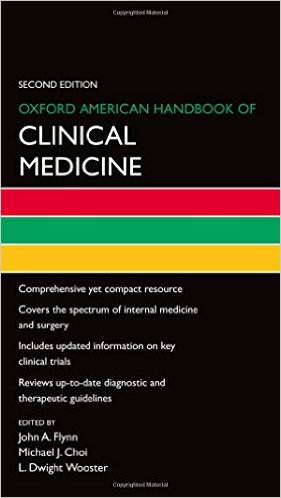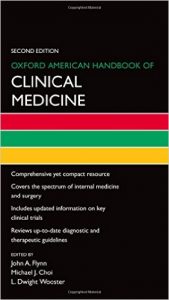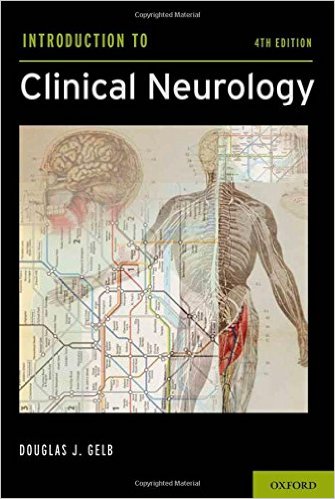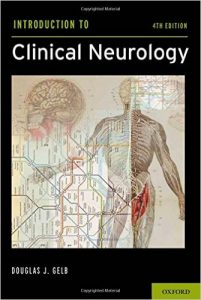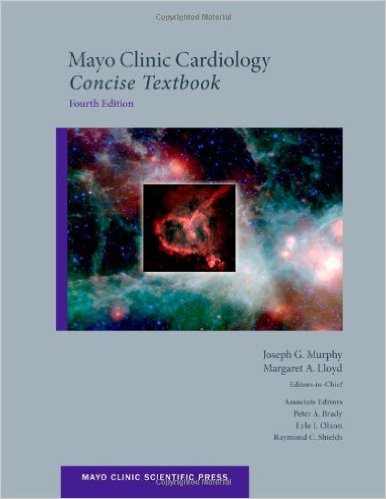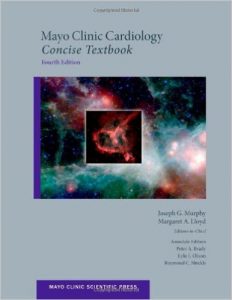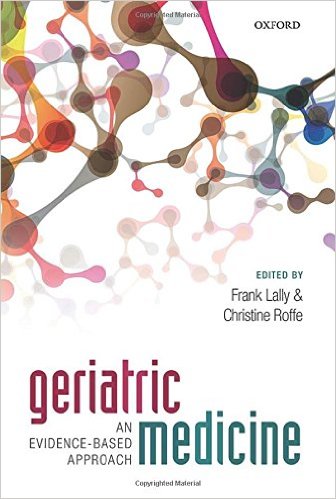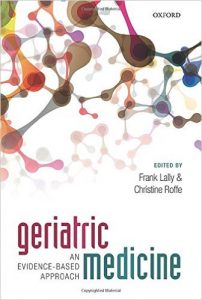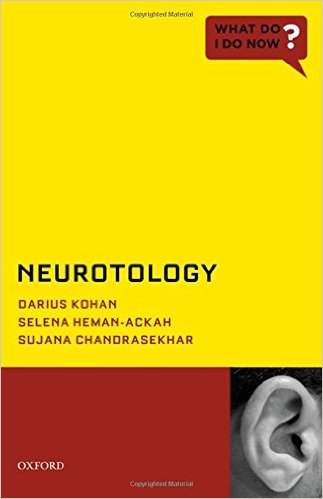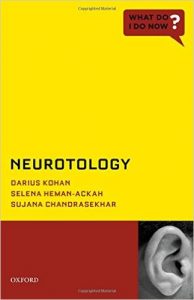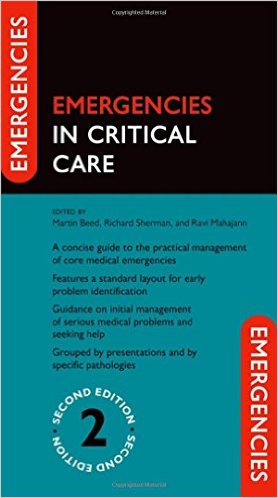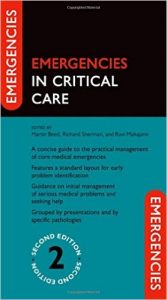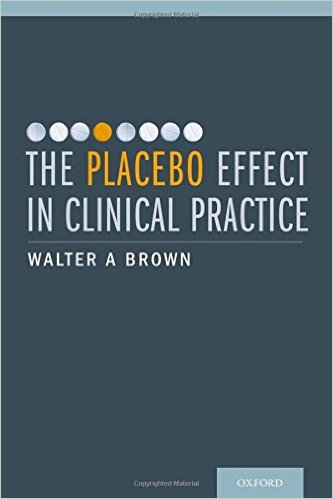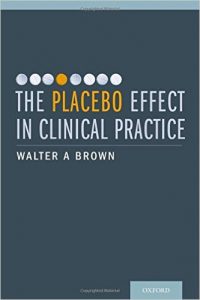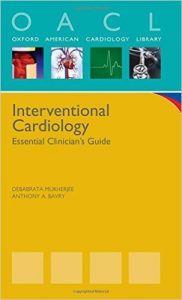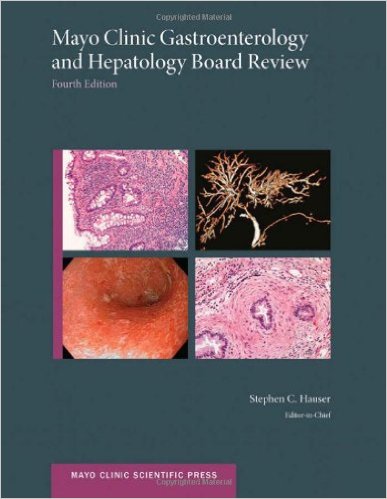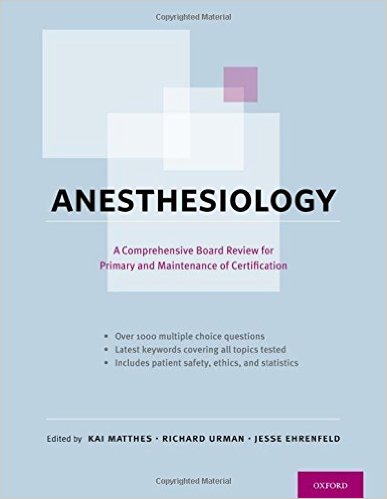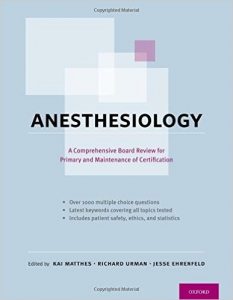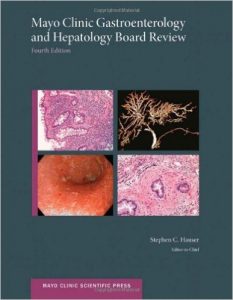
[amazon template=iframe image2&asin=0199827613]
Launched on Oxford Medicine Online in 2012, with the full-text of eight Mayo Clinic Scientific Press (MCSP) print titles and a bank of multiple-choice questions, Mayo Clinic Toolkit provides a single location for resident, fellow, and practicing clinicians to undertake the self-testing necessary to prepare for, and pass, the Boards.
Mayo Clinic Gastroenterology and Hepatology Board Review has been designed to provide a review of core essential knowledge in gastroenterology, hepatology, and relevant related areas of radiology, pathology, endoscopy and nutrition to physicians, trainees and other persons caring for patients, gastroenterology fellows in training, medical residents, medical students, gastrointestinal assistants, nurses, and allied health care personnel. For persons preparing for their board examination, certification or recertification, case-based presentations and numerous board examination-type single best-answer questions with annotated answers are provided. Abundant figures, images and tables are included – these can be enlarged and downloaded to PowerPoint.
Highlights of The Mayo Clinic Toolkit include:
– Each title is presented in an enhanced format, allowing the enlargement and download of all figures and images, and linking to external sources referenced in the text.
– The multiple-choice questions are designed to mirror those in the Board exam for realistic preparation; they also link back to the relevant title, and allow the user to measure their development through the recording of practice-exam success.
– It can be accessed on a range of internet enabled devices, giving residents, fellows, and practicing clinicians the choice to study in locations which suit them
– Subscription lengths range from 1-month to a full year.
Combining two complimentary resource types into a single location, with enhancements to the print works, the flexibility to choose where and when to study, and the ability to monitor revision progress, Mayo Clinic Toolkit is truly the go-to site for Board preparation.
DOWNLOAD THIS BOOK FREE HERE
http://upsto.re/E9WZ5Gf
